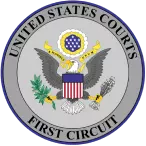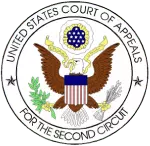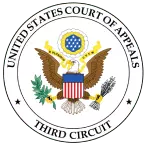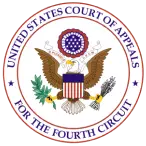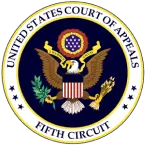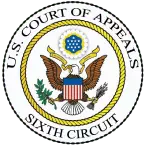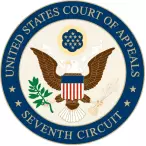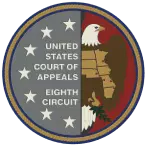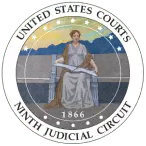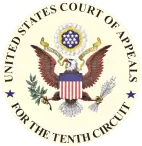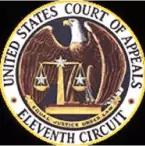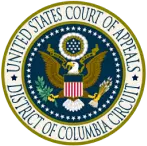What is Post-Conviction Relief for Federal Crimes?
For federal crimes, “post-conviction relief” refers to a range of legal actions you can take to appeal your case after you have been convicted of a crime, or while you are serving out your sentence. Convicted individuals may file for post conviction relief based on various grounds such as newly discovered evidence, ineffective assistance of counsel, prosecutorial misconduct, or constitutional violations. This process is crucial as it offers a final opportunity for individuals to address legal errors that might have affected their original trial outcome.
Appealing your case is the best way to ensure you are not a victim of unfair or wrongful convictions, errors by the court, poor legal representation, or violations of your constitutional rights. You have the legal right to appeal your federal criminal case, but remember that doing so requires strict adherence to many complex laws, statutes, guidelines, and requirements.
Our attorneys at Elizabeth Franklin-Best will be glad to help you navigate the complicated legal appeals system and represent you while seeking a favorable outcome. We have experience helping clients get their federal convictions overturned and sentences reduced.
Is My Case Eligible For Federal Post-Conviction Relief?
There are several grounds on which convicted individuals can seek relief in federal criminal cases, including claims of ineffective assistance of counsel, newly discovered evidence, constitutional violations, prosecutorial misconduct, and actual innocence.
Ineffective Assistance of Counsel
If your courtroom defense attorney did not meet acceptable standards in representing you, it may have led to an unfair trial or conviction (ineffective assistance of counsel). These claims focus on specific errors made by your defense lawyer, such as failing to investigate crucial evidence, failing to provide adequate representation during trial, or failing to communicate effectively with you during proceedings.
Newly Discovered Evidence
Seeking post-conviction relief on the grounds of newly discovered evidence involves presenting compelling new information that was not available during the original trial and has the potential to alter the case’s outcome. After conviction, the discovery of new evidence can be a game-changer, offering a chance to revisit the case and potentially secure a different legal outcome.
Constitutional Violations
All federal court proceedings must take place within the guidelines of the constitution, to protect the integrity of the legal system and prevent errors or violations of a defendant’s rights. If your legal rights were truly violated during trial, it’s essential to appeal your case.
Prosecutorial Misconduct
Instances of prosecutorial misconduct, such as withholding evidence or engaging in unethical behavior, can be grounds for seeking post-conviction relief, as they undermine the integrity of the legal process. There have been many cases where prosecutors manipulated evidence to get folks convicted, and exposing such actions can have dramatic impacts on your case.
Actual Innocence
If you can present a compelling claim that you are truly innocent, and can support it with new evidence or legal arguments, it could lead to the exoneration of an individual convicted of a federal crime through post-conviction relief.
How Does A Federal Post-Conviction Relief Lawyer Help Me?
A federal post-conviction relief attorney has spent years understanding the federal system’s intricacies, and knows how to secure relief for clients who have been unjustly convicted. Their role encompasses a range of services, including:
- Case Evaluation: Conducting a comprehensive review of the client’s case to identify potential grounds for post conviction relief, such as constitutional violations, prosecutorial misconduct, or ineffective assistance of counsel.
- Legal Research: Diligently researching federal statutes, case law, and procedural rules to craft persuasive legal arguments in support of the client’s petition for relief.
- Strategic Planning: Developing a strategic approach to pursuing post-conviction relief, which may involve filing 2241 petitions for habeas corpus or 2255 motions, etc.
- Court Representation: Advocating on behalf of the client in federal court proceedings, including hearings, and oral arguments with the courts.
- Appellate Advocacy: Handling appeals to higher courts if the initial petition for relief is denied, ensuring that the client’s rights are vigorously defended at every stage of the legal process.
Our federal post conviction relief attorneys help individuals avoid costly mistakes during the legal process by providing informed guidance, ensuring compliance with procedural requirements, and safeguarding against potential errors.
What is a 2241 Habeas Corpus Petition? What is a 2255 Motion?
If you are trying to get your conviction overturned or your sentence reduced, you must file your request with the courts. Your requests to appeal your case will often take the form of “motions” or “petitions”, based on how they relate to federal laws in the USA. When it comes to post-conviction relief, some of the following motions and petitions are most common:
2241 Habeas Corpus Petition: This is a petition filed by a federal or state prisoner to challenge the execution of their sentence or conditions of confinement. It is submitted to the court with jurisdiction over the prisoner’s custodian.
2255 Motion: This is a motion filed by a federal prisoner to challenge the legality of their conviction or sentence. It is submitted to the court that imposed the original sentence.
Get Help From Our Experienced Post-Conviction Attorneys
Securing relief from post-conviction in the federal system is no easy feat. The process is governed by complex procedural rules, strict deadlines and time limitations, and high standards of evidence. Moreover, navigating the intricate web of federal statutes, motions, petitions, and case law requires an experienced and nuanced understanding of legal principles and precedents.
Given all the challenges involved, we encourage you to speak with one of our highly experienced federal post conviction relief lawyers at Elizabeth Franklin-Best. It’s an essential step if you are seeking to overturn a wrongful conviction and reclaim your freedom. Our legal professionals possess the knowledge, skills, and tenacity to navigate the complexities of the federal system and advocate effectively on your behalf. Contact us today for an evaluation of your case.





















